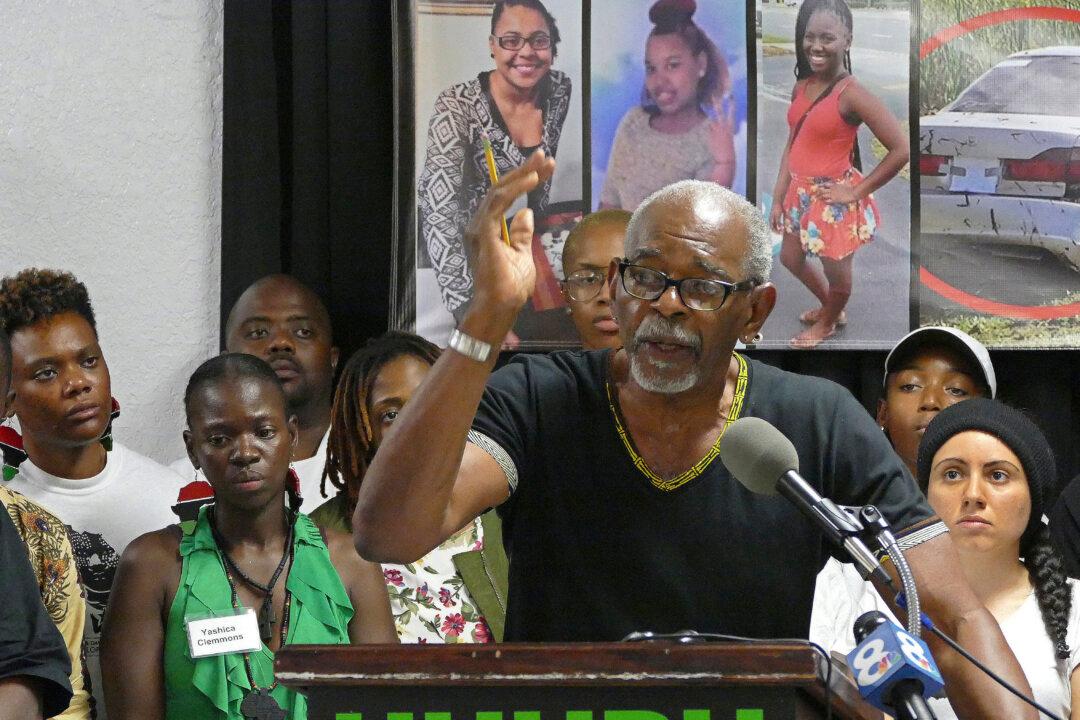A federal jury on Sept. 12 found four black power activists guilty on a charge of conspiring to act as unregistered agents of the Russian government.
The group was found not guilty on the charge of acting as agents of a foreign government.

A federal jury on Sept. 12 found four black power activists guilty on a charge of conspiring to act as unregistered agents of the Russian government.
The group was found not guilty on the charge of acting as agents of a foreign government.